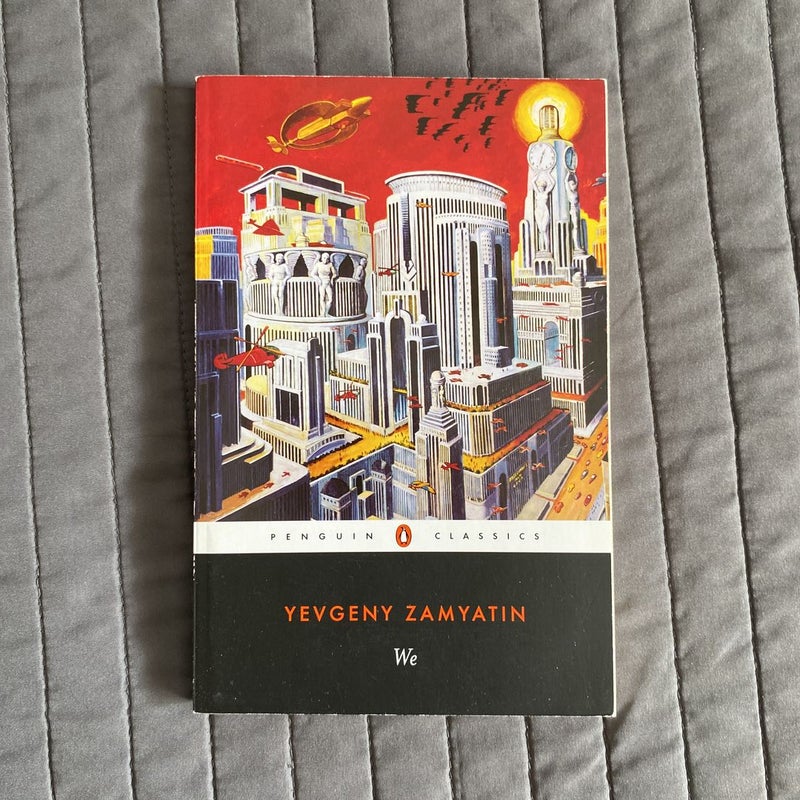The Best Dystopian Fiction Books to Read in 2025
Published by Esther Fung, Nov. 18, 2024
When reality feels like it can't possibly get any gloomier, an escape into a bleaker, fictional world can actually be a welcome reprieve. This is why readers continue to return to dystopian fiction, a subset of books set in a broken and corrupt world. These stories often follow a hero who is in some way different from their peers. As we follow their attempts to break away from the established order of things, we experience hope that we too can bring positive change to the world around us.
On this page, you'll encounter a world without color (The Giver by Lois Lowry), robots that experience emotions (Klara and the Sun by Kazuo Ishiguro), a child protective services system that takes parents away (The School for Good Mothers by Jessamine Chan), animals forming their own government (Animal Farm by George Orwell), and more. Browse our selected titles below or shop all used dystopian fiction available on PangoBooks.

